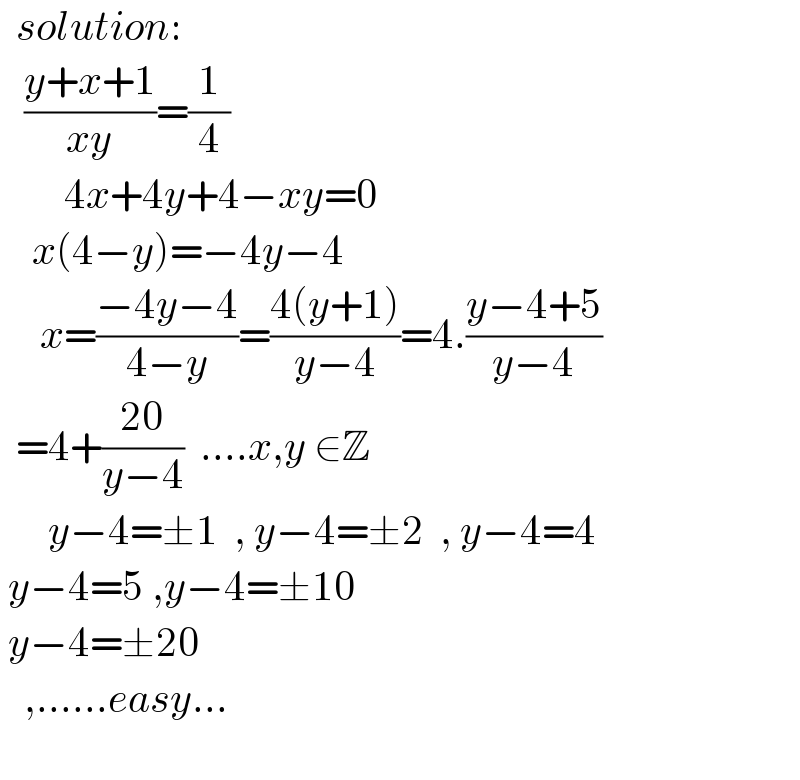
Question and Answers Forum
Question Number 142514 by mnjuly1970 last updated on 01/Jun/21
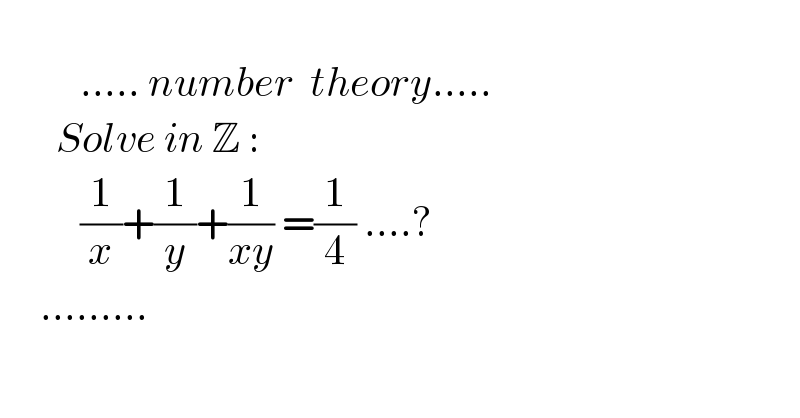
Answered by ArielVyny last updated on 01/Jun/21
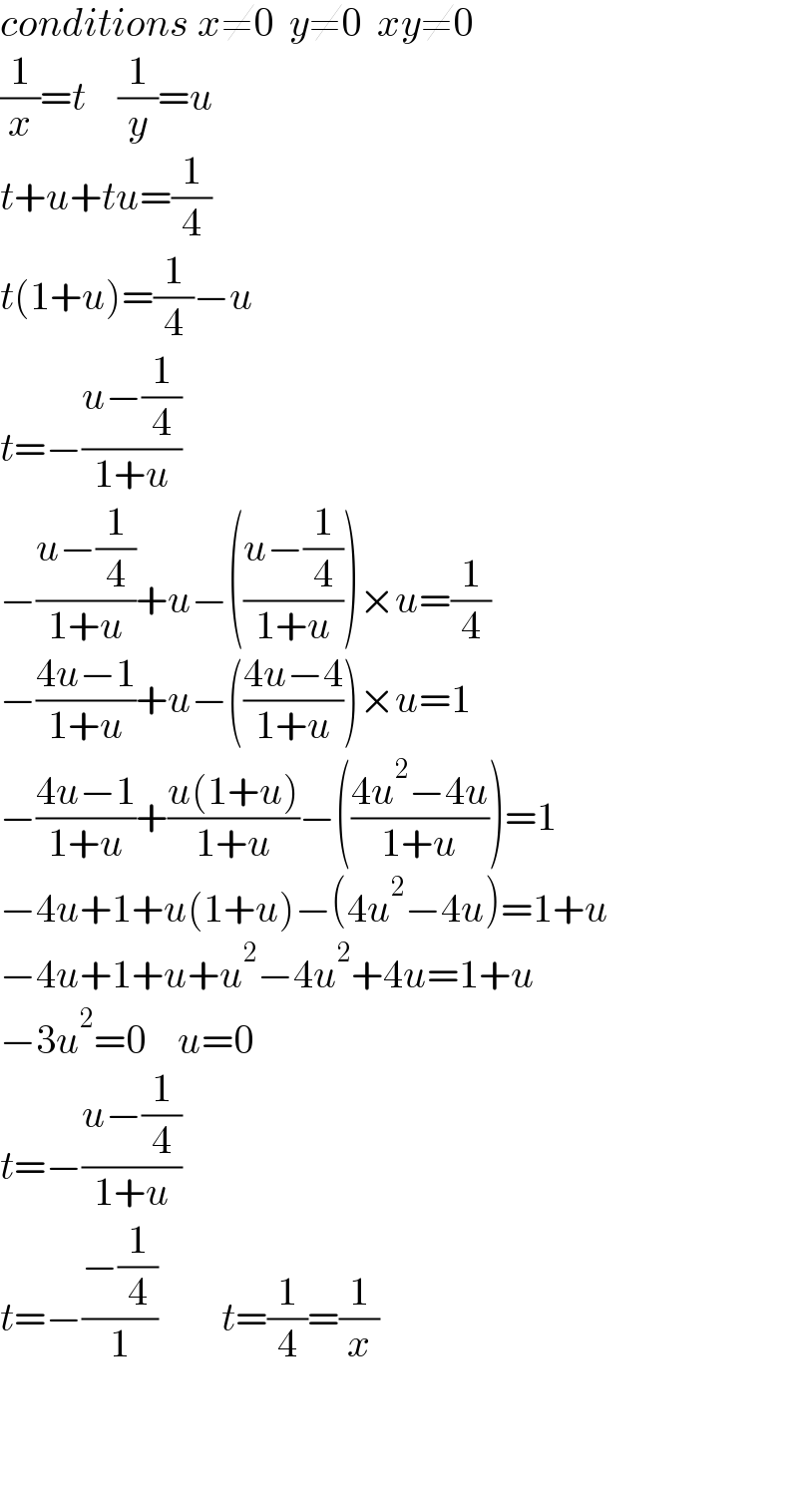
Answered by ArielVyny last updated on 01/Jun/21

Answered by ArielVyny last updated on 01/Jun/21

Answered by ajfour last updated on 01/Jun/21
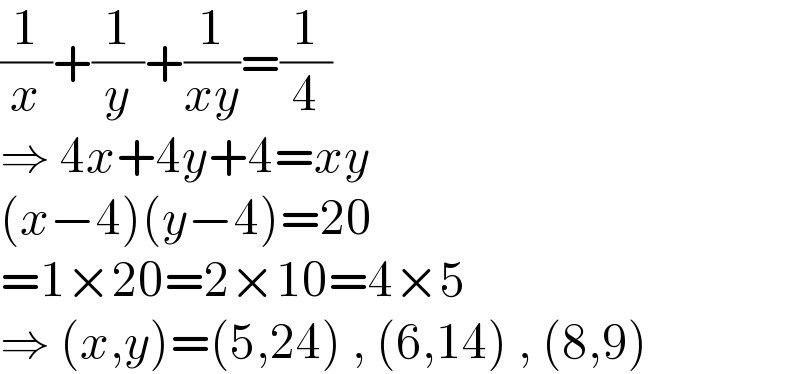
Commented by mnjuly1970 last updated on 01/Jun/21
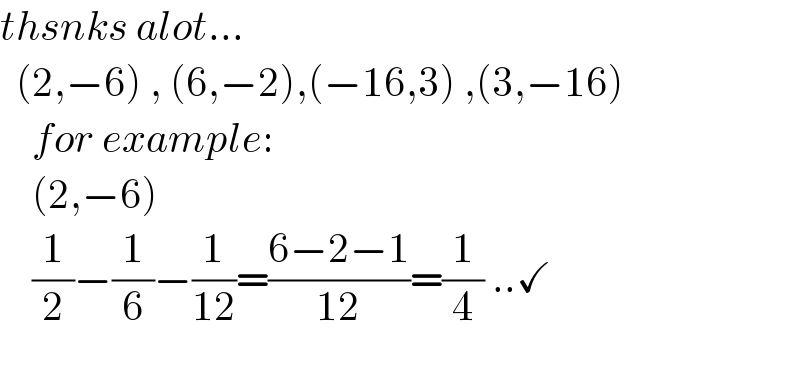
Answered by mnjuly1970 last updated on 01/Jun/21
